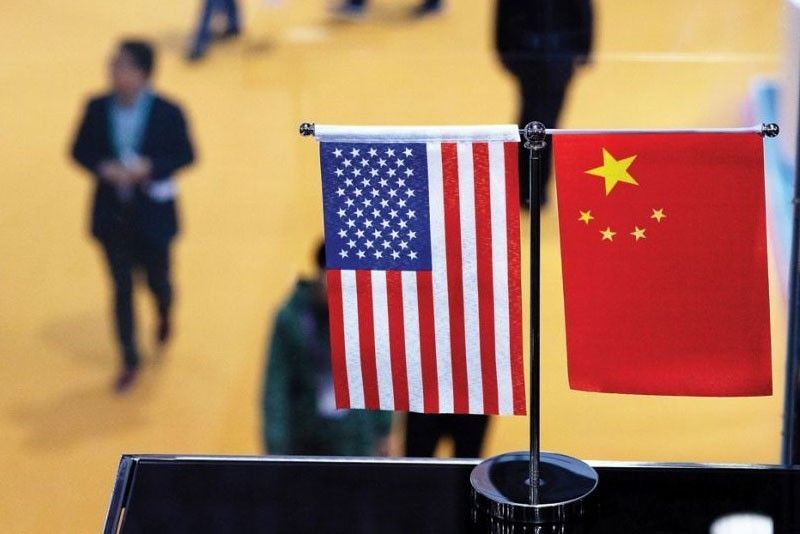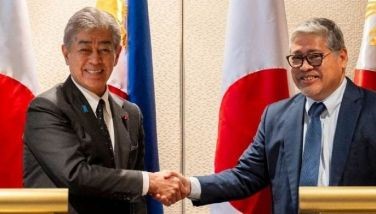US to Asian allies: Choose prudently, protect sovereignty

MANILA, Philippines — Supporting a “pluralistic” Asia, the United States will not force its allies and partners to choose between the US and China, but Washington encourages them to choose prudently in ways that protect their sovereign national interests.
Assistant Secretary David Stilwell of the US Department of State-Bureau of East Asian and Pacific Affairs said many of the initial hopeful signs and assumptions for China’s reform and opening when it began to grow from ideologically self-imposed isolation and economic weakness 40 years ago – were wrong.
American officials hoped that demonstrating the benefits of “openness” would move Beijing onto a more liberal path.
He said that 20 years of empty post-World Trade Organization (WTO) assurances that “China will continue to work toward greater openness” have triggered an overdue rethink of China, its ambitions and US response.
China, according to Stilwell, is a major consideration in the long-overdue changes to US policy in the Indo-Pacific region that the Trump administration has made.
“The United States supports a pluralistic Asia. A pluralistic Asia is one in which the region’s diverse countries can continue to thrive as they wish. They are secure in their sovereign autonomy,” Stilwell said in a speech on US, China and Pluralism in International Affairs at the Brookings Institution on Dec. 2.
In a pluralistic Asia, he emphasized that countries enjoy open and shared use of the global commons, international waters and airspace belong to all and no one country can convert them into a sole possession or a zone of exclusion.
On Beijing’s “new type” governance idea, he said Chinese officials have spoken for themselves.
He said former Foreign Minister Yang Jiechi summed up Beijing’s view of regional order in 2010, when he declared to an Association of Southeast Asian Nations meeting: “China is a big country and other countries are small countries, and that’s just a fact.”
The official stressed that for China, international relations is about hierarchy and big-makes-right, and Beijing is not respectful of pluralism or sovereign autonomy.
“Now, let’s consider the commonly heard concern that countries will be forced to choose between the United States and China. I want you to know, they won’t be forced to make such a choice by the United States,” Stilwell said.
He noted that America’s vision is pluralistic and inclusive and the US record shows it, as Washington aspires to friendly relations with China and has no objection if other countries similarly strive to deal with Beijing in cooperative and cordial ways.
“We encourage our allies and partners to choose prudently, in ways that protect their sovereign national interests,” Stilwell said. “Sovereignty means the ability to live free of foreign domination, to live according to one’s own laws and make one’s own decisions.”
“We’re not looking to dictate to others and we want our allies and friends not to be subject to anyone else’s dictates. Choosing for sovereignty is important because without it, the freedom to choose at all could be lost,” he added.
The US said Washington does not want the Philippines to choose between the US and China, and they do not object to improved relations of Manila with Beijing.
The State Department said the US remains a steady and trusted partner, strong ally, stands ready to honor its commitments, international law and stands by the Philippines.
- Latest
- Trending





























